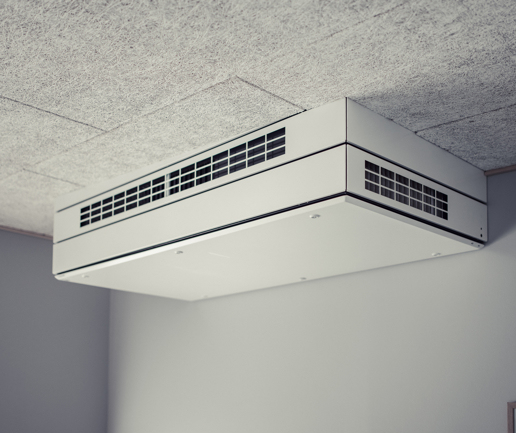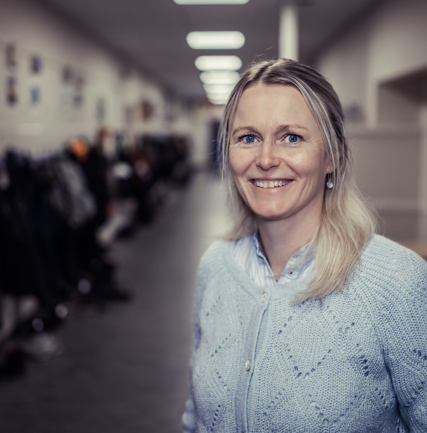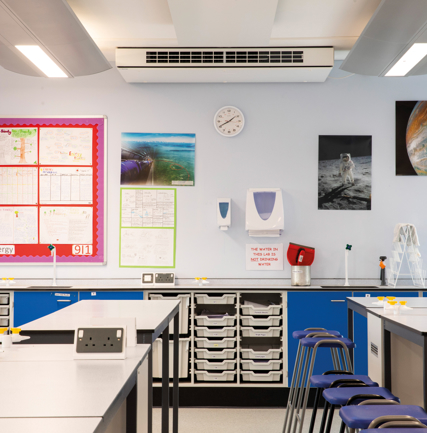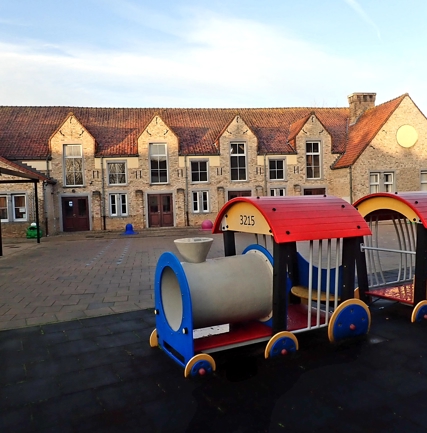New study shows: Ventilation reduces airborne transmission

20. March 2023
Fall has made its way back into our daily lives, and with it comes the cold weather and rising concerns about corona infections. The rising concerns stem from previous experience with seasonal variation and epidemic development during the cold fall and winter months. The governments around Europe have therefore prepared for an uncertain and possibly challenging fall and winter season.
While many countries now have a vaccine program ready to protect the most vulnerable part of society, the World Health Organization (WHO) recommends continuously adapting to keep ourselves safe and to take the necessary steps to protect others. One of the highlighted recommendations from WHO to protect people during these seasons is to ventilate crowded public spaces like schools and offices. But why should we focus on the indoor climate in schools when talking about airborne transmission?







